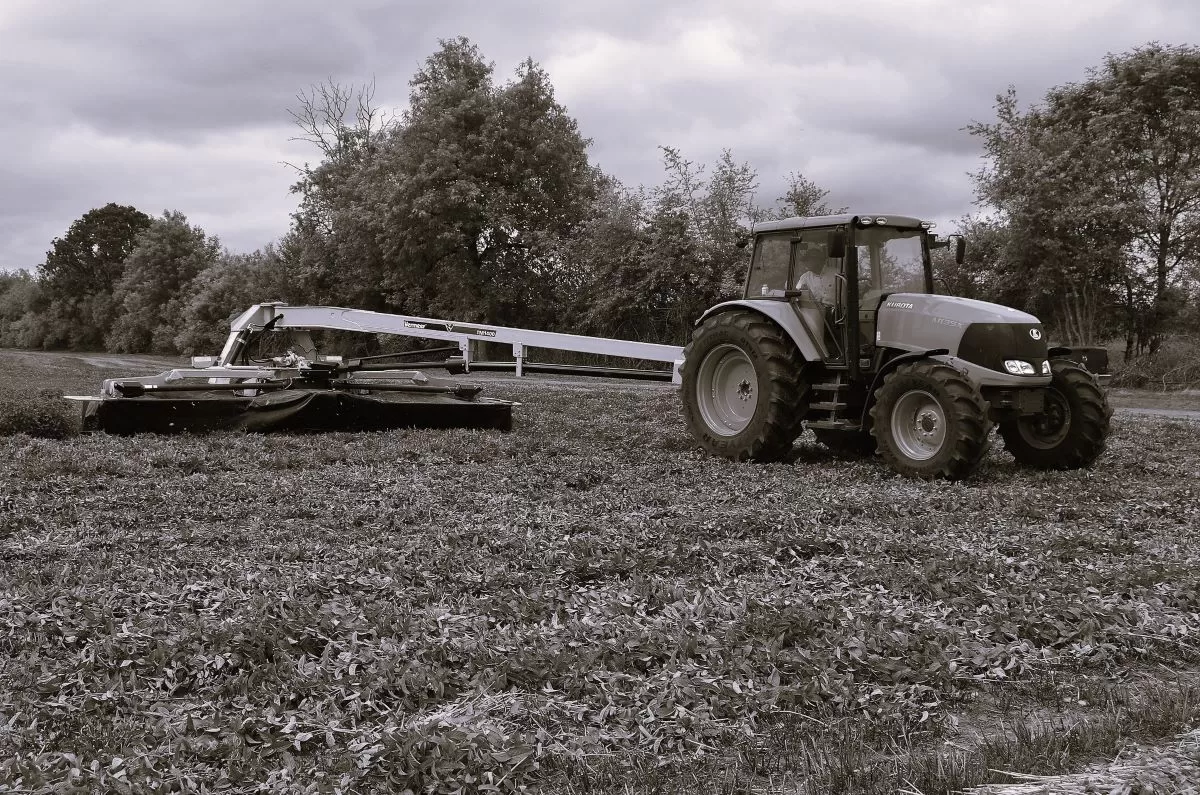The question may be raised why we chose precisely the past of a city to compare with the past of a mind.–Civilization and Its Discontents On My Love of Country Life He ruminated, cigar in crippled jaw. Cocaine pulsed like the strobe on that cop’s cruiser. There’s oceanic distance from where Freud sat To where I stand just now as I visit Manhattan, Which back in the doctor’s day was no Big Apple. The Sheep Meadow still held sheep. But...

